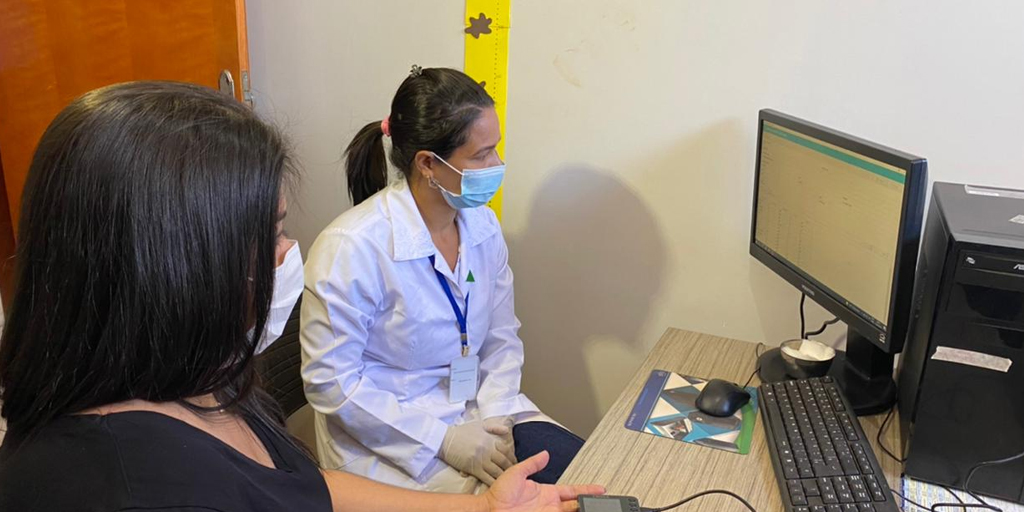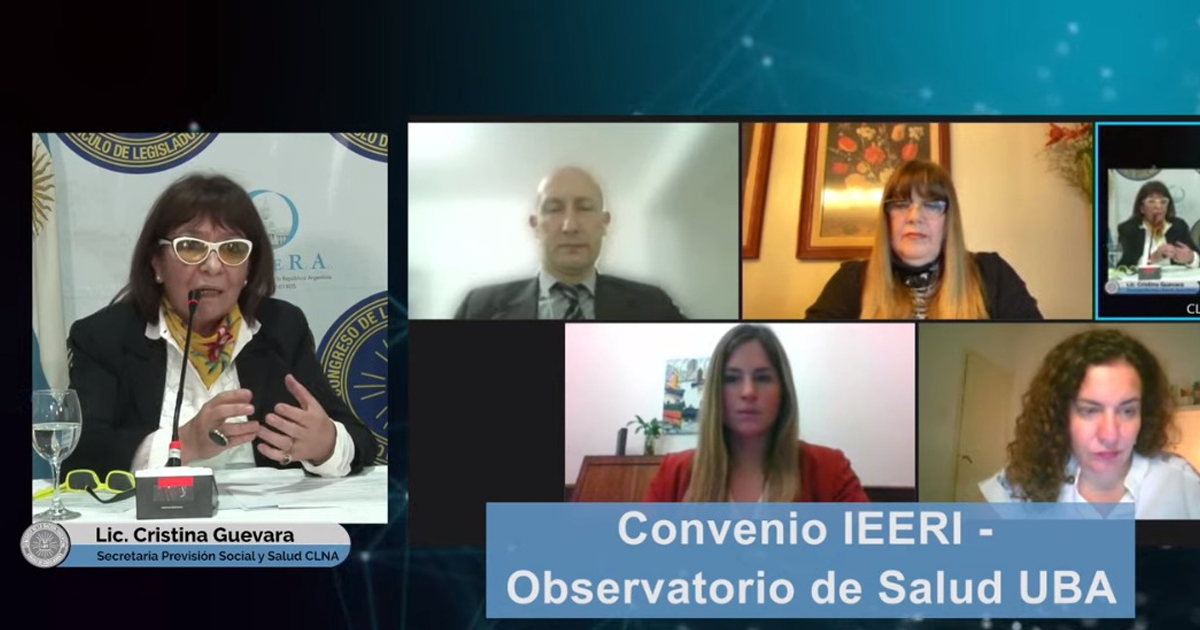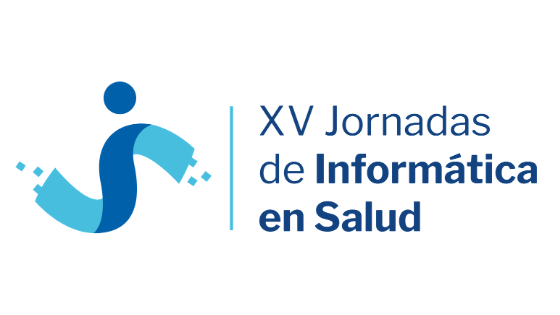The Brazilian Ministry of Defense will implement a telehealth plan to bring medical care to remote areas in Brazil, which are usually the most vulnerable.
Through a strategy coordinated by the Ministry of Defense, they will seek to strengthen the quality of medical care in 128 basic health units (UBS). This will be possible through medical consultations and laboratory tests with immediate results. Additionally, there is the telemedicine program that will include specialties such as teledermatology, teleophthalmology or telecardiology.

The possibility that remote populations can attend consultations with medical specialties without making long trips is unlikely, which is why the Ministry of Defense decided to support the project to bring specialized medical care to the Cristalina area, according to General Marco Antônio Martin, responsible for the program.
“For example, we have teledermatology precisely because these people are very exposed to the sun, it is not easy to find this specialty and they end up developing skin diseases or even cancer due to lack of follow-up. The same goes for teleophthalmology: people who have difficulty seeing also have difficulty doing manual labor. Cardiovascular diseases, today, are the most common, that's why we put telecardiology. These three specialties would be the flagship," Martin explained to Correio newspaper, when asked about the characteristics of the population and the specialties they will receive.
For the project to work, they have needed two types of basic infrastructure, first energy thanks to the intervention of the Ministry of Mines and Energy through the program "More Light” and the other, the Internet, which will come through the Ministry of Communications. That is, four ministries, including Health, collaborating to implement this important project.
On the other hand, participating medical specialists are part of the Juana Azurduy, Intercultural Community Family Health (Safci) and the National Health Program programs. In addition, general practitioners also participate to complement the service.
In this way, the entire project will be interconnected from the 128 UBS, to the Unified Health System (SUS) and the National Health Data Network.






